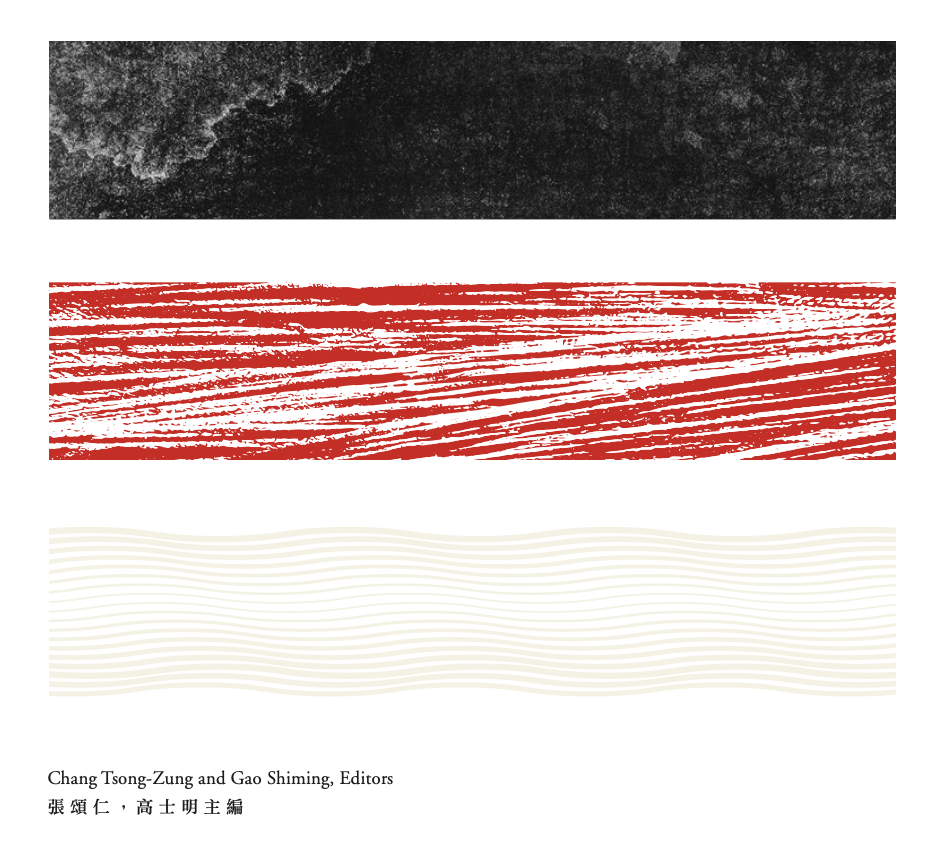2014

Hanart 100: Idiosyncrasies is an exhibition celebrating the 30th anniversary of Hanart TZ Gallery, curated by Johnson Chang and Gao Shiming. The curatorial team consisted of ICAST students Liu Tan, Zhang Yang, Liu Yihong, Zhang Wei, Wang Yan, Nicoletta Jordanidis, Lu Ruiyang, Zhang Cheng, Lü Hao, Wei Shan, and Zou Shu.
Hanart TZ Gallery was established in Hong Kong in the winter of 1983. Over the past thirty years, the Chinese-speaking world has collectively experienced significant international changes—the end of the Cold War, waves of decolonization, the expansion of global capitalism. Concurrently, contemporary art in mainland China, Hong Kong, and Taiwan has emerged and evolved through various transformations and iterations, from the calm waters of the early 1980s to the great waves post-’85, from the ‘Chinese Contemporary Art’ that took the international stage twenty years ago, to the grand spectacle it has become today.
The curatorial team selected one hundred ‘art objects’ from Hanart TZ’s collection, representing key pieces in the history of 20th-century Chinese art. These works illuminate three artistic worlds: the world of globalised art (considered the sole international art platform), the world of Chinese pre-modern, or literati art (considered to be as the ‘traditional’ past), and the world of socialist revolutionary art (considered to have ended). These one hundred artworks served to re-interpret and shed light on a segment of history. The exhibition’s main discourse revolved around Three Parallel Artworlds. An academic forum was held at the Hong Kong Arts Centre, featuring renowned art historians, cultural scholars, thinkers, and artists such as Johan F. Hartle, Boris Groys, Wang Yuejin, Lu Xinghua, John Rajchman, Qiu Zhijie, Huang Sunquan, Hammad Nasar, Cheng Meibao, Wang Xiaoming, Bei Dao, among others. These participants engaged in in-depth discussions to unravel the realities of these three worlds within the complex context of contemporary China, exploring their intersecting dynamics, and uncovering their historical potential and momentum.
